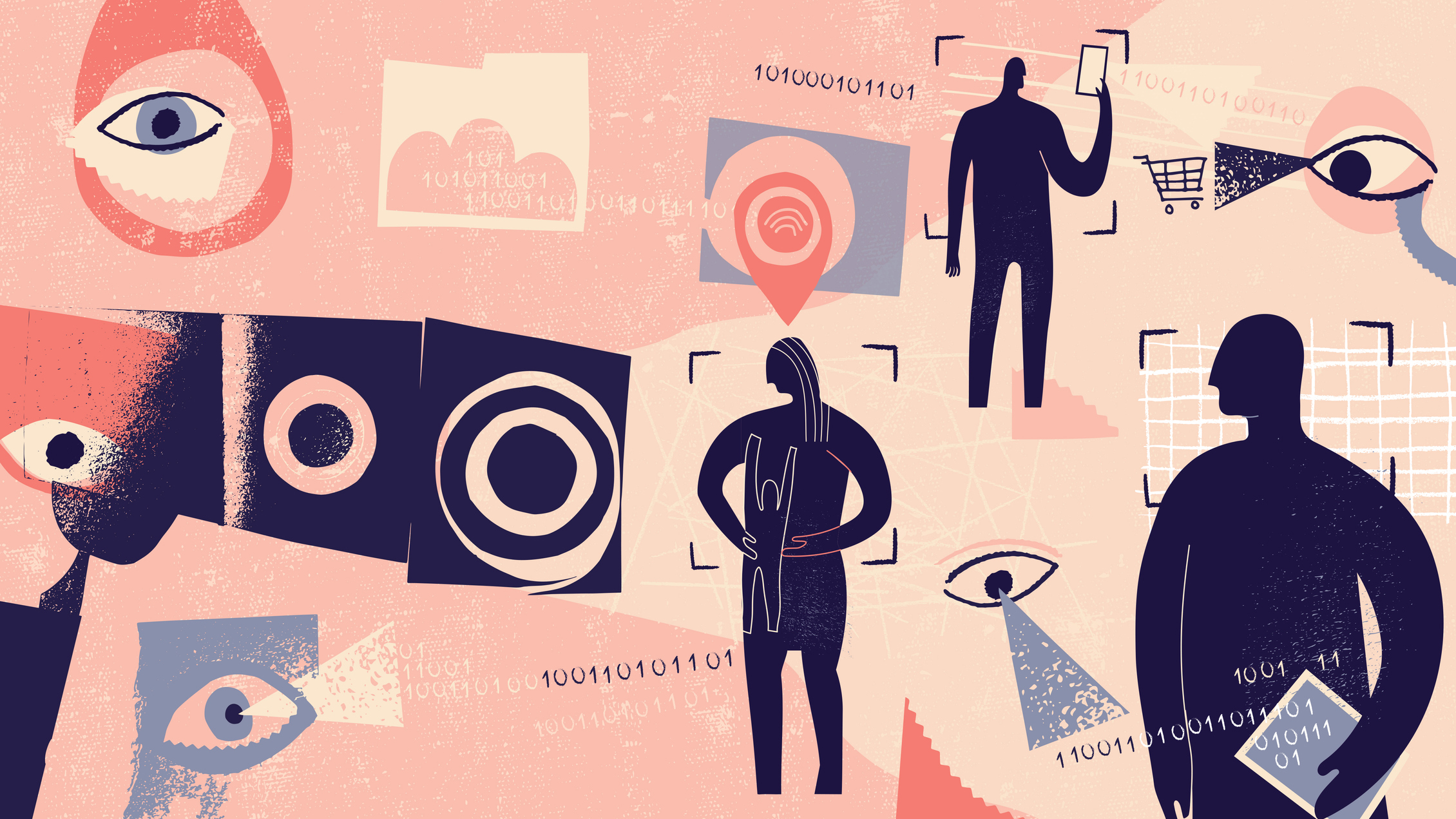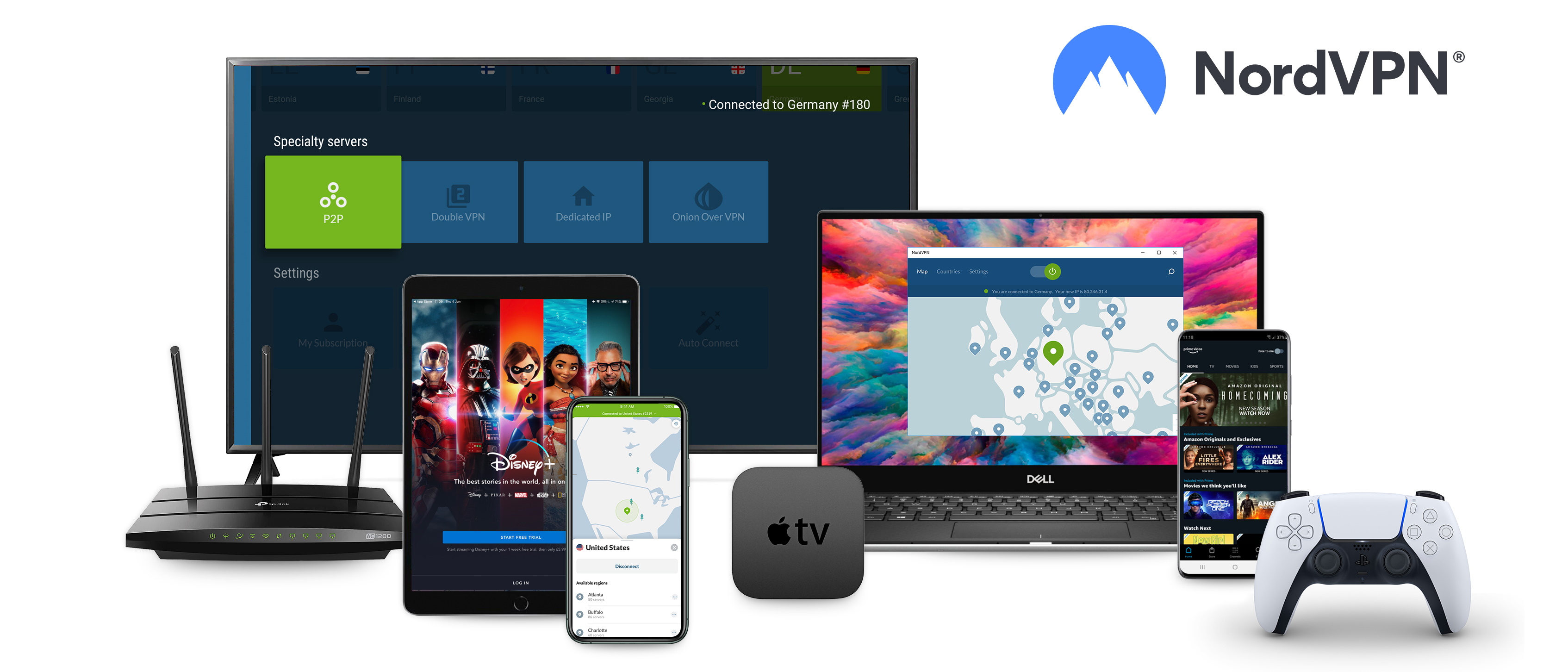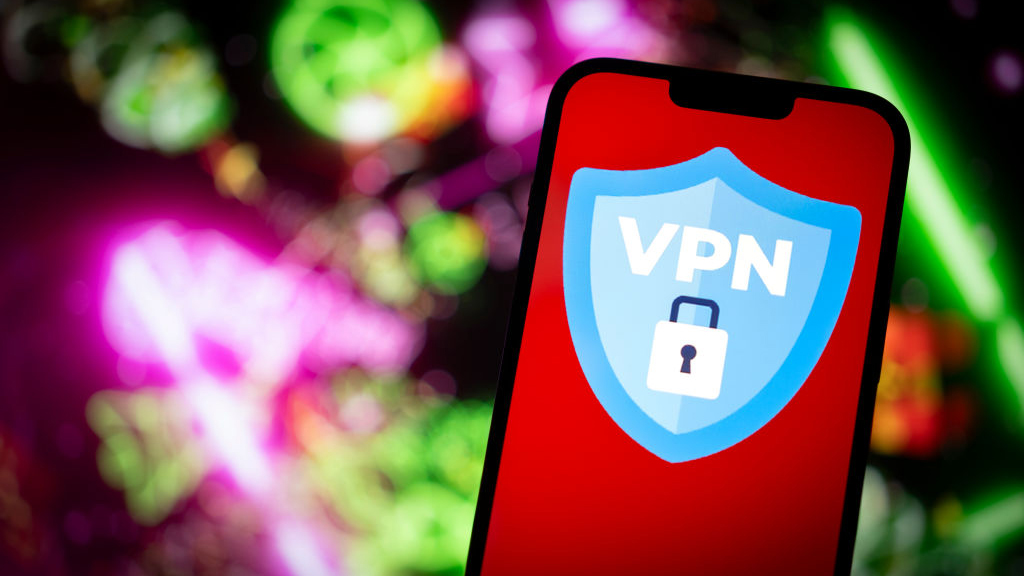No, VPNs don't guarantee absolute anonymity – but too many users still think they do
Three in 10 TechRadar readers believe VPNs make you completely anonymous

Sign up for breaking news, reviews, opinion, top tech deals, and more.
You are now subscribed
Your newsletter sign-up was successful
Increasingly more people are using VPN tools every day to improve their online experience. In a couple of clicks, a VPN app can boost your online privacy, unlock foreign streaming content, and even ensure a more reliable gaming performance.
As VPNs become mainstream, TechRadar's reviewers have been regularly trying and testing hundreds of apps to recommend only the very best VPN services on the market. During this time, though, we have noticed that some providers may oversell what their products actually deliver.
Last May, we decided to conduct a survey to get a better idea of whether our readers really know what a VPN can do. While most respondents (97%) claim to have an idea of what a VPN does, 3 in 10 TechRadar readers still believe VPNs make you completely anonymous – but this isn't true. Let's clarify what a VPN can and cannot do.
Online privacy VS online anonymity

Let's start by distinguishing between two concepts that are often conflated: privacy and anonymity.
Privacy defines the level of control you have over your data, meaning the freedom from unauthorized intrusion. Privacy is a human right, which is mostly protected by the law.
On the other hand, anonymity isn't recognized as a human right. Anonymity refers more broadly to concealing your identity by making sure it isn't connected to your online actions or information.
While the two concepts aren't interchangeable, they certainly overlap at times. That's because you can have privacy without anonymity – think of having a private social media account connected to your real name, picture, and email address – but you cannot have anonymity without some level of privacy.
What a VPN does
A virtual private network (VPN) is security software that essentially does two distinct things: encrypting your internet connections and spoofing your IP address.
When using a secure and reliable product, VPN encryption should prevent any third-party snooper from monitoring your online activities and tracking you across the web. Encryption is, in fact, the technology that scrambles the data into an unreadable form to keep it private.
A VPN makes you more private online by reducing your digital footprint. It makes you more anonymous as it also reduces the chance of your identity being linked to your online activities.

NordVPN is currently TechRadar's top recommendation. Our reviewers praised its security features, speedy performance, and extensive server network. You can read our full NordVPN review or find today's best NordVPN deal here.
A VPN also makes you more secure on the internet by protecting you from hackers and other malicious actors – that's especially important when you're connected to a vulnerable public Wi-Fi.
Besides encryption, a VPN also spoofs your real IP address – meaning the string of numbers that, among other things, defines your location – by rerouting your internet traffic through one of its international VPN servers. And, being able to mask your real IP comes with extra advantages.
For starters, IP spoofing allows you to bypass geo-restrictions imposed on online content. This could be a foreign streaming catalog (the likes of Netflix and other streaming giants all apply blocking based on your location) or evading government-imposed censorship and accessing otherwise blocked apps, websites, and more.
IP spoofing is beneficial for gamers, too. A reliable gaming VPN can protect you against DDoS attacks that target your server to disrupt your connection.
What a VPN doesn't do
While a VPN can certainly boost your anonymity online, it cannot make you completely anonymous – and there are a few reasons why.
As we have seen, a VPN encrypts the content of your communications and spoofs your real IP address. Yet, it doesn't encrypt or mask any other metadata that is linked to your activities.
Metadata refers to all the details that aren't the content, including IP, device type, location setting, who you have spoken with, and when, data packet size, and more. With advancements in AI-powered data analytics, these details tell a lot about you, even without breaking the content of encryption. Metadata is increasingly the target of law enforcement, too.
At the time of writing, only one VPN provider promises to hide your metadata – NymVPN, thanks to its innovative mixnet technology. Sweden-based provider Mullvad has also developed DAITA, a new tool to help in the fight against metadata tracking.
It's also worth noting that you won't be completely anonymous every time you log into your social media account, no matter if you do so under a VPN connection.
Then, while increasingly more VPN apps come with built-in malware, tracker, and ad-blocking tools, you still need a reliable antivirus to maximize your protection against these threats.

To sum up – it's true, a VPN cannot make you completely anonymous online.
What it can do, however, is help you take control of the data you share online and boost your overall internet experience.
Whether you're traveling abroad, are an avid streamer, gamer, or simply looking to be more private online, a VPN is an easy-to-use, versatile tool that lends itself to many different uses.
While I suggest subscribing to a premium service to get access to a full powerhouse, if you are after a secure freebie, I strongly recommend checking our guide on the best free VPN apps on the market.
We test and review VPN services in the context of legal recreational uses. For example: 1. Accessing a service from another country (subject to the terms and conditions of that service). 2. Protecting your online security and strengthening your online privacy when abroad. We do not support or condone the illegal or malicious use of VPN services. Consuming pirated content that is paid-for is neither endorsed nor approved by Future Publishing.
You might also like

Chiara is a multimedia journalist committed to covering stories to help promote the rights and denounce the abuses of the digital side of life – wherever cybersecurity, markets, and politics tangle up. She believes an open, uncensored, and private internet is a basic human need and wants to use her knowledge of VPNs to help readers take back control. She writes news, interviews, and analysis on data privacy, online censorship, digital rights, tech policies, and security software, with a special focus on VPNs, for TechRadar and TechRadar Pro. Got a story, tip-off, or something tech-interesting to say? Reach out to chiara.castro@futurenet.com
You must confirm your public display name before commenting
Please logout and then login again, you will then be prompted to enter your display name.